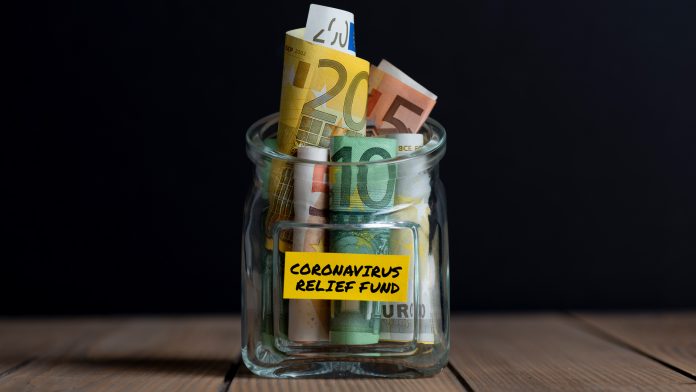On Thursday, the European Commission revealed its plans to increase its yearly investment in healthcare from €413m to €9.5bn.
The surge in funding is part of the European Commission’s COVID-19 recovery fund which has the total value of almost €2tr. When discussing the recent investment in healthcare, Stella Kyriakides, the EU’s health commissioner, said: “This crisis made it clear: our capacity needs to be brought to a different level. We need more Europe in the area of public health.”
Planning for the future
The European Commission hopes that this new investment in healthcare could help Europe cope in future crises with extra funding in the budget for stockpiling medical equipment. “Never again do we want to see a situation where a health worker has to decide which patient receives lifesaving equipment.
“If hospitals become overburdened in the future, as some did during the crisis, we should be able to step in with resources,” said Kyriakides.
Some of the new investment in healthcare will be used to update hospital equipment. The European Commission has also announced that it will continue to fund the EU reference networks on rare diseases, along with new training and exchange programmes for medical and healthcare staff.
Next Generation EU
In a speech by President von der Leyen at the European Parliament Plenary, Leyen discussed the EU COVID-19 recovery package and the Commissions further investment in a new recovery instrument, called Next Generation EU.
Leyen said: “In our Union, we know that the boldest measures truly are the safest for our future. This is why the Commission is today proposing a new recovery instrument, called Next Generation EU – worth €750bn. It will sit on top of a revamped long-term EU budget of €1.1tr.
“Next Generation EU – together with the core MFF – sums up to €1.85 tr in today’s proposals. It goes alongside the three safety nets of €540bn in loans, already agreed by Parliament and Council. In sum, this would bring our recovery effort to a total of €2.4tr.”









